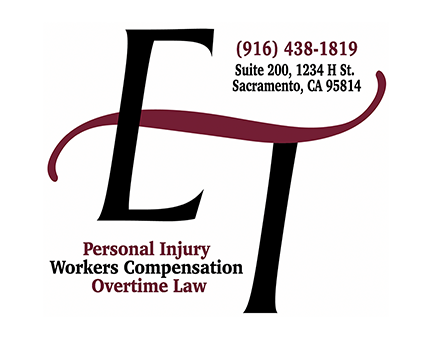 There’s a lot of confusion in the workers compensation arena about “maximum medical improvement“. We’re often asked:
There’s a lot of confusion in the workers compensation arena about “maximum medical improvement“. We’re often asked:
- What is maximum medical improvement?
- What is a permanent disability?
- How are those concepts related if at all?
- Can I return to work?
Learn more about our Sacramento Workers’ Compensation Attorney Services.
“Permanent & stationary” is an old phrase that’s basically been replaced by the concept of “maximum medical improvement.” “Maximum medical improvement” means that you’ve reached some kind of medical plateau in your treatment. There might be some changes, getting a little bit better or a little bit worse over time, but generally speaking you’ve reached the maximum medical improvement. You’ve reached a plateau that says: “This is who you are and what you’re going to be like for the rest of your life.”
When you reach that medical plateau, you now have a permanent disability and are entitled to a permanent disability award. A permanent disability award doesn’t mean that you can’t return to work. It just means that you have some kind of limitations in the general workforce.
I like to use the example of being a workers compensation lawyer in Sacramento. As an attorney, if I have an injury and I reach a maximum medical improvement and the doctor says that I can go back to work but I can’t lift more than ten pounds, I can still go back to being a lawyer and I’m really not impaired in my occupation as a lawyer. But I have a limitation in the overall work force and thus would be entitled to a disability award based on that limitation.
